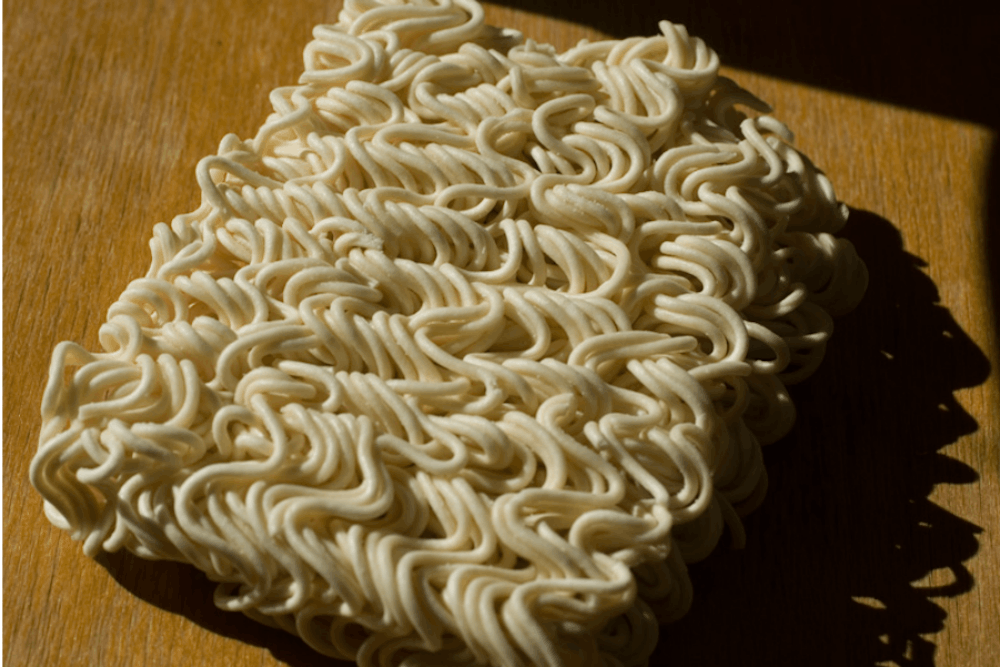TO THE EDITOR:
As a class of 2011 alum of Miami University no longer living in Ohio, I depend on outlets like The Miami Student to give me a sense of what is happening at my alma mater. Keeping abreast of the changes at Miami is sometimes a bleak task. Whether it's the proposed demolition of a beloved building, the construction of all-important revenue sources/residence halls on beautiful green spaces, or the apparent culture of privilege that continues unabated, I look to The Miami Student to learn about it. However, when the student newspaper itself, via its staff writers, are publishing articles like the "Ramen to Risotto" piece from Sept. 15, I can't help but go from skepticism to outright disappointment. It should be the job of the Student to more responsibly and coherently challenge the stereotypes that perpetuate an unfeeling or uncaring image cemented by unexamined privilege in the Miami community.
This article, which contends that grandiose meal options on campus and luxurious off-campus housing are the norms and the expectations of Miami students, does an outright disservice to the large number of students, past and present, who struggle to make ends meet, work one or more jobs and rely on the easily dismissed ramen noodle option. Working two jobs, relying on multiple roommates to keep housing costs lower and taking out loans was how I made it through Miami in, relatively one piece. There were no marble counter-tops, endless rounds of drinks Uptown, or expensive outfits from "posh uptown boutiques." The fleeting reference to the money-conscious among the student body does little to highlight the actual reality of students who cannot afford the cost of the Miami culture. So, while the purpose of this article doesn't actually seem altogether clear, what it did do was continue to perpetuate the class divide between the haves and the have-nots of the Miami-Oxford community. It generates implicit shame for those of us who went to class in our work outfits, it assumes an air of uncaring for those who can't afford the lifestyle (let alone the tuition) and it completely ignores the members of the local community whose financial means are all too often outside the socio-economic brackets of the students that the community seems to serve. While I appreciate the article's attempt to question this culture of instant gratification, I find it hard to question the status-quo when three-quarters of the opinion piece is spent reinforcing it.
Mathew Hall mhall11@tulane.edu

